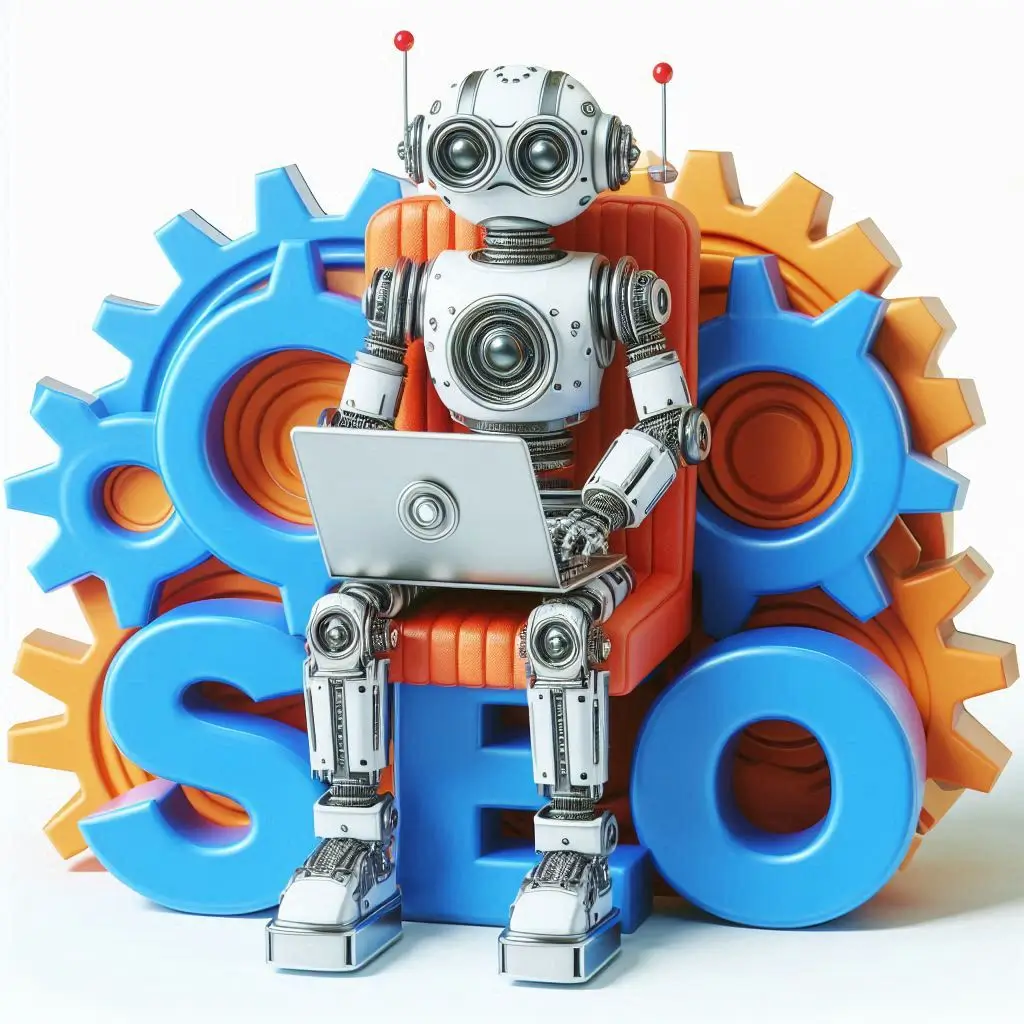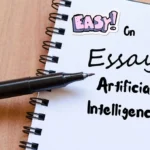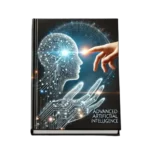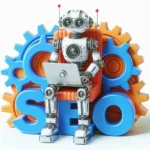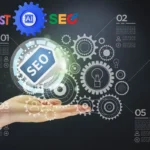Does using AI affect website SEO? In recent years, Artificial Intelligence (AI) has revolutionized various industries, and digital marketing is no exception. From content creation to keyword research, AI is increasingly being used to optimize websites and improve search engine rankings.
But with the rise of AI-generated content, a question that has often come up is: Does using AI affect website SEO? The answer is complex, as it depends on how AI is used and how search engines interpret the content generated by these tools.
1. Understanding Using AI Affect Website SEO Role
Before diving into the potential impacts, it’s important to first understand the basics of SEO and how AI fits into it.
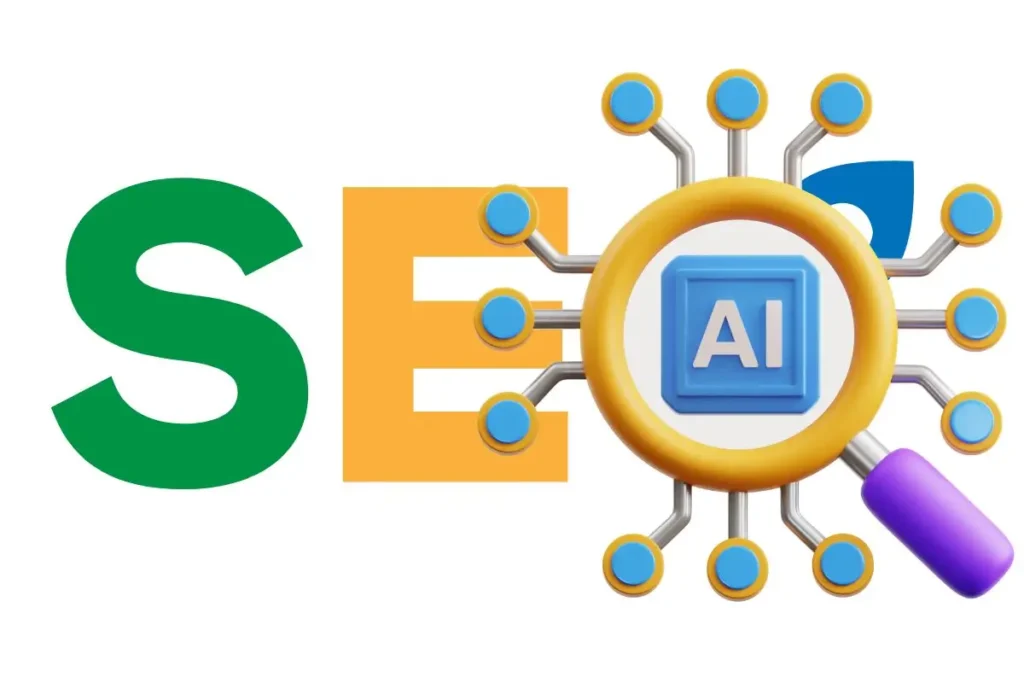
SEO (Search Engine Optimization) refers to a set of practices aimed at improving a website’s visibility and ranking on search engines like Google. SEO involves optimizing content, using relevant keywords, creating a good user experience, and ensuring your website’s technical aspects are up to par. The goal is to increase organic traffic, attract more visitors, and drive business growth.
AI tools are used in various aspects of SEO, such as:
- Content Creation: AI tools can generate written content, including blog posts, product descriptions, and articles. These tools use natural language processing (NLP) algorithms to analyze vast amounts of data and mimic human writing styles.
- Keyword Research: AI-driven tools can help identify high-performing keywords and suggest ways to integrate them naturally into your content.
- Technical SEO: AI-powered tools can automate website audits, help identify errors, suggest improvements, and optimize site performance.
- Content Personalization: AI can help tailor content recommendations to individual users based on their behavior, preferences, and past interactions.
Given these roles, it’s crucial to explore how AI-generated content impacts SEO, and whether it can help or hinder a website’s ranking in search engine results.
2. The Impact of Using AI Affect Website SEO Content on SEO
AI-generated content is often designed to be similar to human-written text, and in many cases, it can be indistinguishable from content created by humans. This raises an important question: Does Using AI Affect Website SEO differently than human-written content?
2.1 Quality Over Source
At its core, SEO is about the quality and relevance of the content. If AI tools generate high-quality, valuable, and informative content that meets users’ search intent, it can positively impact SEO. Google, for example, focuses on content that provides value and answers users’ questions. The source of the content (AI or human) is secondary, as long as the content is useful and relevant.
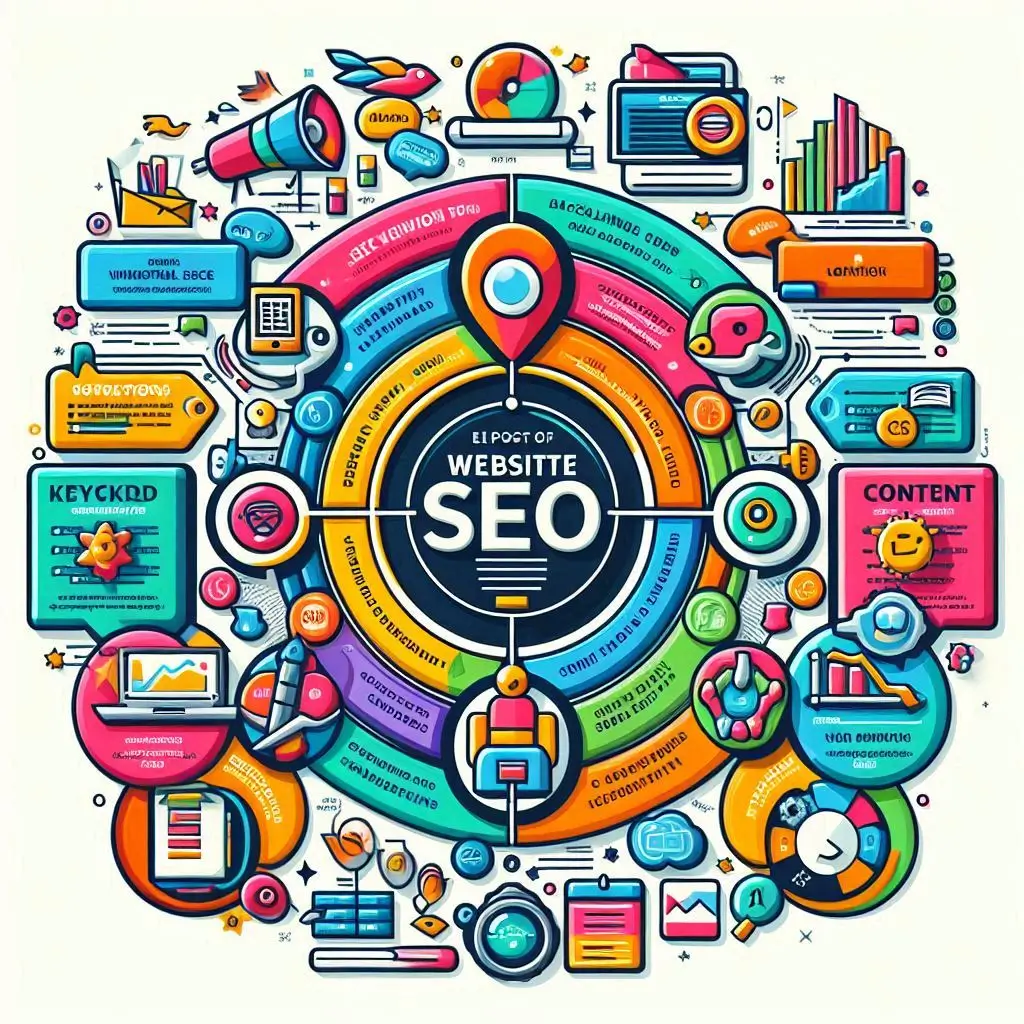
- Content Quality: AI can produce content at scale, but quality matters more than quantity. Search engines like Google prioritize content that is well-researched, factually accurate, and provides a comprehensive answer to user queries. Poorly written or keyword-stuffed AI content may lead to penalties, while well-structured, insightful AI content can perform just as well as human-written content.
- Avoiding Spammy Content: Using AI Affect Website SEO One potential risk with AI-generated content is that it may be used to produce spammy or low-quality material quickly. Websites that focus solely on quantity and try to game the system with keyword stuffing or meaningless content will likely be penalized by search engines. AI’s ability to churn out large amounts of content at speed doesn’t guarantee better SEO results if the content isn’t high quality.
3. User Experience and Engagement
Search engines, especially Google, consider user engagement as a ranking factor. If visitors spend more time on your site, engage with your content, and interact with your website, it sends a positive signal to search engines. AI tools, when used effectively, can help create compelling content that keeps users engaged.

- Personalized Content: AI can analyze user data to personalize content, improving the overall user experience. By tailoring content to individual preferences, AI can increase the likelihood that visitors will stay on your site longer, reduce bounce rates, and improve other important SEO metrics.
- Natural Language: AI tools have made great strides in mimicking natural language. Search engines are getting better at understanding the context and intent behind a search query, so content that is conversational, clear, and easy to read will likely perform better. Using AI Affect Website SEO can help to ensure that content flows naturally and answers the query effectively.
3.1 E-A-T and Trustworthiness
One of the most important aspects of SEO in recent years is the emphasis on E-A-T (Expertise, Authoritativeness, and Trustworthiness). Websites that provide high-quality, trustworthy content from experts in their field are more likely to rank higher.
- Using AI Affect Website SEO and Expertise: AI-generated content may struggle to demonstrate true expertise, especially in niche or technical fields where deep knowledge is required. While AI can write content on a wide range of topics, it may not always be able to provide the depth of understanding that an expert would. This could potentially impact the credibility of AI-generated content.
- Authoritativeness: Building authority in your niche is key for SEO success. Using AI Affect Website SEO AI content can be effective if it’s accurate and well-researched, but it may lack the personal touch and established reputation that comes from having a recognized expert behind the content. Websites that rely solely on AI may struggle to build authority, especially in highly competitive industries.
- Trustworthiness: Trust signals, such as user reviews, external links, and social proof, are critical for SEO. If AI-generated content is perceived as low-quality, misleading, or irrelevant, it could harm a website’s trustworthiness and ultimately its SEO performance.
3.2 AI and Search Engine Algorithms
Search engines are constantly evolving to better understand the intent behind user queries and deliver the most relevant results. Google, for instance, uses sophisticated AI algorithms (like BERT and RankBrain) to evaluate content and its relevance to user search intent. These algorithms are designed to identify high-quality content, regardless of whether it was written by a human or generated by AI.
- Algorithm Adaptation: Search engines are becoming better at detecting AI-generated content, but their focus remains on the quality of the content rather than its source. If AI content meets user needs and is written in a way that aligns with best SEO practices (e.g., appropriate keyword usage, high-quality structure, etc.), it is likely to rank well.
- Content Originality: One challenge with AI-generated content is ensuring it’s original. AI tools are trained on large datasets, and there’s always a risk that the generated content may resemble existing material. Duplicate or plagiarized content is a major SEO issue, so ensuring AI-generated content is unique and original is crucial.
3.3 AI in SEO Tools
Beyond content creation, AI is also a powerful tool for optimizing other aspects of SEO, such as:
- Automated Audits: AI-powered tools can analyze a website’s performance, identify errors, and suggest improvements in areas like page load speed, mobile optimization, and broken links.
- Link Building: AI can help identify high-quality backlink opportunities, ensuring that websites have the necessary authority to rank well in search results.
- Competitor Analysis: Using AI Affect Website SEO AI tools can track competitors’ performance, allowing businesses to adjust their strategies to stay ahead in the rankings.
4. Potential Risks and Pitfalls of Using AI Affect Website SEO
While AI can offer significant advantages in SEO, there are also potential risks to consider:
- Over-Dependence on AI: Relying too heavily on AI tools without human oversight could lead to content that lacks nuance, creativity, or a unique perspective. Human expertise is essential for ensuring the quality and originality of content.
- Content Spamming: Some websites may use AI tools to flood the web with low-quality content. Search engines are adept at detecting spammy or irrelevant content, which could harm SEO efforts.
- Lack of Human Creativity: AI tools can help with automation and efficiency, but they may struggle with creativity, emotional resonance, or building a strong brand voice. These are essential elements of successful SEO strategies, especially for businesses in competitive markets.
Conclusion: AI and SEO – A Symbiotic Relationship
In conclusion, using AI for SEO can be highly beneficial, but it requires a balanced approach. AI-generated content can improve your website’s ranking and drive traffic, but only if it meets the quality standards expected by search engines and provides genuine value to users. It is not the use of AI itself that will determine SEO success, but how well AI is used to enhance the overall user experience, optimize technical SEO, and create high-quality, relevant content.
Search engines will continue to evolve, and AI will play a larger role in SEO strategies. By integrating AI in a way that complements human input, ensures originality, and meets the needs of your audience, AI can certainly boost SEO performance and lead to long-term success.
Does Using AI Affect Website SEO?
Yes, using AI can significantly impact website SEO. AI-generated content, when done correctly, can improve rankings by creating high-quality, relevant content. However, it depends on the quality of the AI-generated content and whether it meets search engine guidelines for user intent, engagement, and originality. Poorly executed AI content may harm SEO by being considered spammy or low-quality.
Can AI-generated content help improve search engine rankings?
Yes, AI-generated content can help improve search engine rankings if it meets the quality standards set by search engines like Google. AI tools can produce valuable, well-structured, and informative content that aligns with user intent. However, it is important to ensure the content is original, relevant, and not overly optimized with keywords to avoid penalties.
How does AI influence keyword research for SEO?
AI tools can streamline keyword research by analyzing large sets of data to identify high-performing keywords and suggest better keyword placement strategies. These tools can help you discover long-tail keywords, related topics, and user search intent, allowing you to optimize content in a way that is more likely to rank well in search engines.
Does Google penalize websites for using AI-generated content?
Google does not specifically penalize AI-generated content, but it does penalize low-quality, spammy, or duplicate content. As long as the content is original, valuable, well-written, and meets E-A-T (Expertise, Authoritativeness, and Trustworthiness) standards, AI-generated content can rank just as well as human-written content.
Can AI improve user engagement on a website?
es, AI can improve user engagement by personalizing content based on user behavior, preferences, and interaction history. By delivering relevant, tailored content, AI can keep users on the website longer, reduce bounce rates, and encourage deeper interaction—all of which are positive signals for SEO.
Is AI effective in optimizing technical SEO?
Yes, AI tools can help with technical SEO by automatically conducting website audits, detecting issues such as broken links, slow loading times, mobile responsiveness, and duplicate content. AI can also recommend fixes for these issues, making it easier for webmasters to improve their site’s technical performance and user experience, which are crucial for SEO.
Can AI tools help with link building for SEO?
Yes, AI tools can assist with link building by identifying high-quality backlink opportunities, analyzing competitors’ backlink profiles, and suggesting relevant sites for link acquisition. AI can help businesses build authority by gaining links from reputable sites, which is an important ranking factor in SEO.
hat are the risks of relying too much on AI for SEO?
Over-relying on AI for SEO can result in content that lacks human creativity, emotional resonance, and nuance. AI-generated content may also miss the personal touch needed to build trust and authority in a particular niche. It’s important to balance AI with human input to ensure content is unique, original, and resonates with the target audience.
